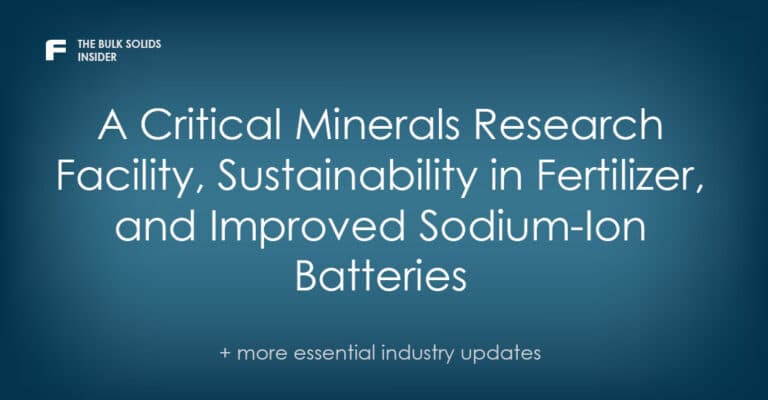Updates in Mining & Minerals
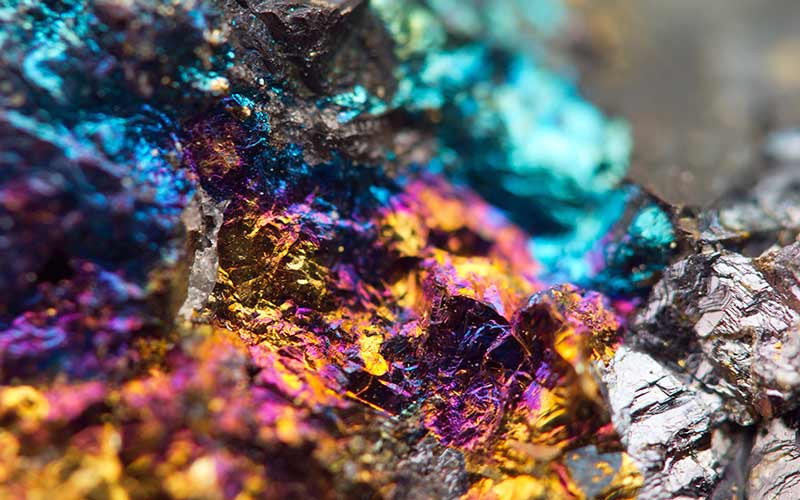
DOE Announces Facility Aimed at Critical Minerals Research
The U.S. Department of Energy (DOE) has announced $75 million in funding for a research facility aimed at establishing a resilient and reliable domestic supply chain of critical minerals. Part of President Biden’s Investing in America agenda, the Minerals to Materials Supply Chain Facility (METALLIC) project will bring together expertise from eight other national laboratories and bolster concurrent efforts by the administration in meeting critical minerals supplies.
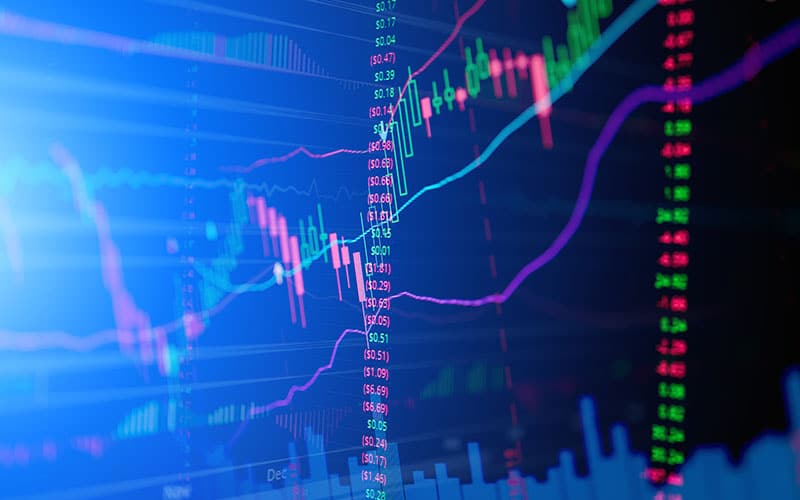
Sanctions Push Metals Prices
New sanctions on Russian metals have caused prices for copper, aluminum, and nickel to jump, The Wall Street Journal reports. The sanctions prevent Russian metals produced on or after April 13th from being traded on the London Metal Exchange (LME) or Chicago Mercantile Exchange.
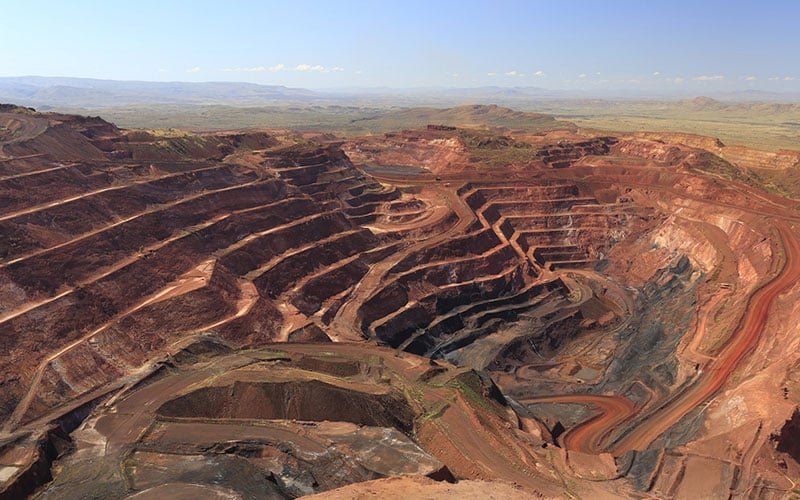
Simandou Iron Ore Funding Secured
The world’s largest untapped iron ore project is another step closer to fruition, with Rio Tinto and partners securing $US 15 billion in funding for infrastructure that will support the West African project. The project is anticipated to reach completion by the end of 2025 and holds the potential to bring prosperity to the people of Guinea for generations. Read more from Australian Mining >>
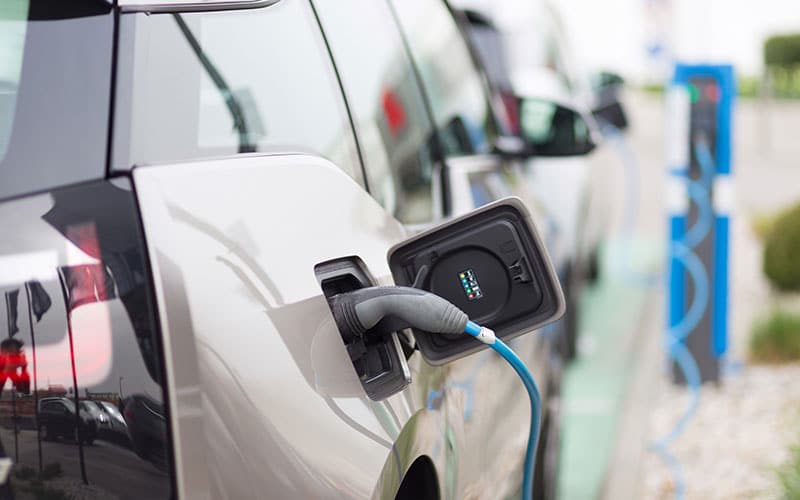
France Doubles Down on Climate Goals
France is hoping to step up its efforts to cut emissions and meet climate goals by reducing the time required for green projects and reviving their copper mining industry, according to Mining Weekly and Bloomberg. The proposed legislation includes measures to reduce the time required to obtain research permits for geothermal energy, mining, and carbon dioxide storage. Finance Minister Bruno Le Maire noted that copper mining should also be considered.
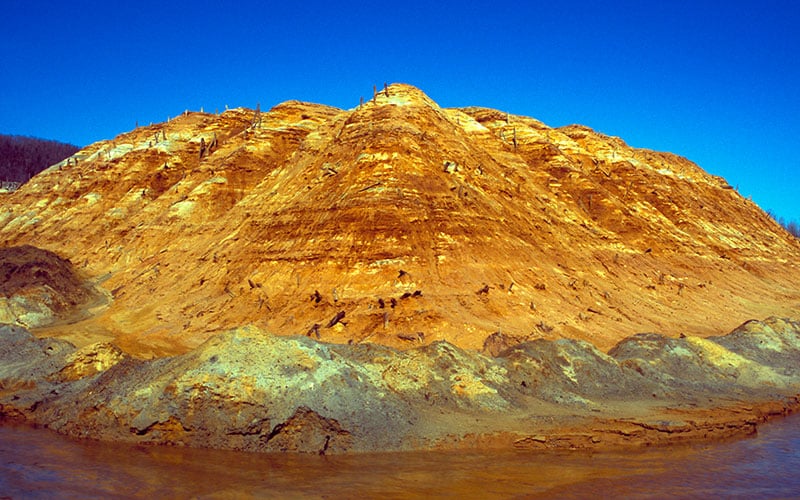
Research Improves Metal Extraction From Low-Grade Sources
Researchers at the University of Illinois Urbana-Champaign have published research in the journal Nature Chemical Engineering illustrating an improved approach to extracting metals from low-grade ores and e-wastes. The technique combines a single-site redox-mediated extractant and solvent extraction principles to facilitate highly selective, continuous electrochemical separation.
Updates in Fertilizer
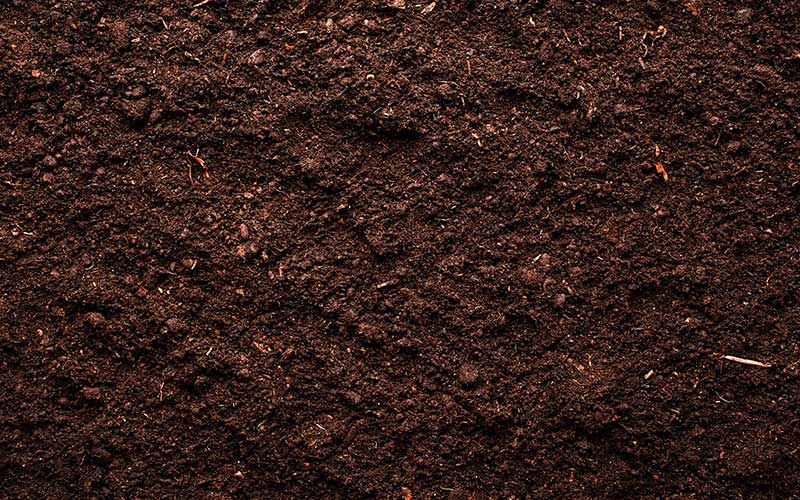
Compost Facility Proposed in Florida
A composting facility proposed in Lakeland, Florida would process biosolids and yard waste to produce a nutrient-rich compost, according to Fertilizer Daily. While the city already uses its biosolids as a low-grade fertilizer, when the material does not meet Class AA standards, the city must pay to landfill it. The proposed facility could help to mitigate this cost and potentially even turn a profit. A cost-benefit analysis is underway.
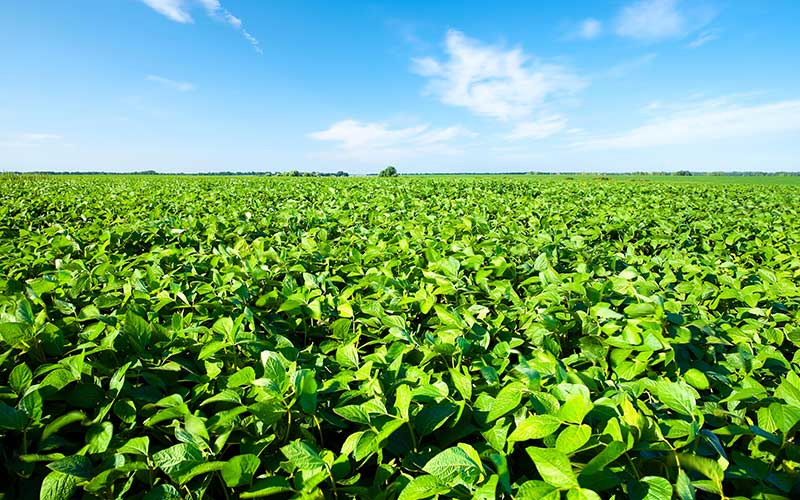
The Fertilizer Institute (TFI) Releases Data on Sustainability
The Fertilizer Institute has released a report on 2022 industry operations data covering improved worker safety, energy, and sustainability. Among other insights, the data shows that US farmers have a significantly higher nitrogen use efficiency rate compared to the global average. Read the press release >>
Updates in Chemical
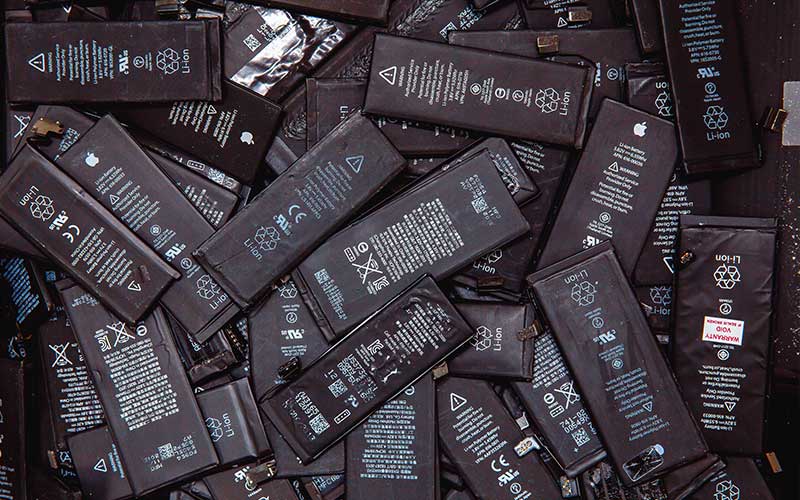
Research Team Makes Progress on Sodium-Ion Batteries
A research team from the Korea Advanced Institute of Science and Technology’s (KAIST) Department of Materials Science and Engineering has made essential progress in the viability of sodium-ion batteries. The researchers overcame several limitations that have hindered the technology from competing with lithium-ion batteries, developing a rapidly charging, high-energy, high-power, hybrid sodium-ion battery. Read more from ChemEurope >>
Like what you’re reading? Subscribe to our blog for industry updates and expert advice on bulk solids processing and handling.


